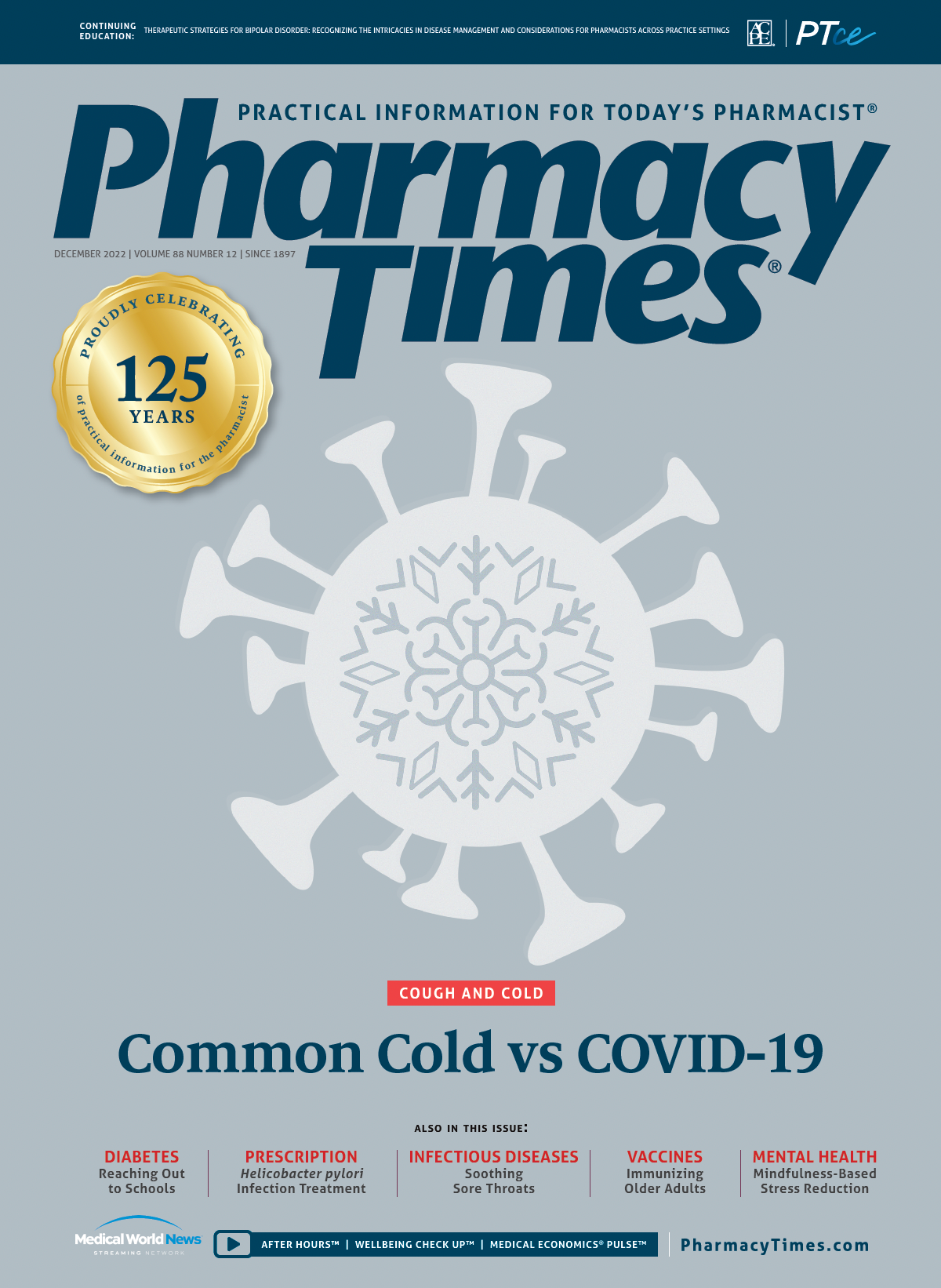Publication
Article
Pharmacy Times
Innovator Liability Theory Applies to Pharmaceuticals
Can a brand name manufacturer be held liable for damages caused by a drug product manufactured by another firm?
Issue of the Case
When a physician prescribes a brand name pharmaceutical and the pharmacist dispenses a bioequivalent product from a different manufacturer that allegedly results in the death of a patient, can the brand name firm that launched the product be held liable for damages?
Facts of the Case
A college student from a Mid-Atlantic state initiated mental health care from a university resource. While home for a semester break, she visited a psychiatrist, who provided her with a diagnosis of bipolar mood disorder and prescribed the brand name product lamotrigine (Lamictal), manufactured by GSK. When the patient presented the prescription at the pharmacy, she received a generic product produced by another manufacturer.
A very serious adverse effect of this medication is hemophagocytic ymphohistiocytosis (HLH). At the time the medication was first prescribed in December 2017, its labeling did not warn about the risk of HLH. The FDA issued a warning about that risk in April 2018, taking steps to require GSK to amend and update its labeling for the product. The complaint launching the present lawsuit alleged that GSK knew or should have known about the HLH risk in December 2017.
The student died in August 2018 after several hospitalizations involving invasive and painful procedures. Her father, acting as the administrator of her estate, filed a lawsuit against GSK under the state’s product liability statute. Arguments advanced on behalf of the deceased student were defective product design, failure to warn, and misleading advertising.
The matter was initially filed in state court but was moved to federal court by the manufacturer based on diversity of citizenship. The attorneys representing GSK moved to have the lawsuit dismissed, arguing GSK had no liability under the state product liability legislation because it did not “manufacture, sell, or benefit from the particular drug” that harmed the student.
The Ruling
The federal district court judge handling the matter denied the motion for dismissal made by GSK’s attorneys, despite the fact that their product had not been dispensed.
The Court's Reasoning
The federal court judge began his decision opinion by reviewing the processes the FDA has in place for premarketing approval of pharmaceuticals. He emphasized the FDA’s role in reviewing the proposed wording of the product labeling for the innovator product, describing the “drug’s indications and usage, contraindications, warnings and precautions, and adverse reactions.”
Once the product and labeling have FDA approval, federal regulations allow the brand name company to change the label to strengthen a warning without first obtaining FDA approval to do so.1 The same latitude is not available to the manufacturer of the generic version of that product.
The federal court judge quoted a US Supreme Court decision emphasizing that “brand name and generic drug manufacturers have different drug labeling duties. A brand name manufacturer seeking new drug approval is responsible for the accuracy and adequacy of the labeling, whereas a manufacturer seeking generic drug approval, on the other hand, is responsible for ensuring that its warning label is the same as the brand name’s.”2
This judge described this as a “duty of sameness” for the generic manufacturer regarding both bioequivalence and warnings on the label. The judge further indicated the Supreme Court ruling had the effect of preempting failure-to-warn cases and design defect claims against generic manufacturers based on state law but not against brand name versions containing the same drug product. He emphasized the Supreme Court ruling was based on “Congress’ decision to regulate the manufacture and sale of generic drugs in a way that reduces their cost to patients but leaves generic drug manufacturers incapable of modifying either the drugs’ compositions or their warnings.”
Attorneys for GSK pointed to a prior ruling by the judge hearing the matter that indicated “a defendant may not be liable for a product defect absent evidence that the defendant benefited in some manner from the product that harmed the plaintiff.”3 However, the judge pointed out that in the prior case “the defendant firm had no connection at all to the design or marketing of the product that caused the plaintiff’s injury. In contrast, the instant case involves a defendant who both designed and dictated the warnings to be issued for the product that injured the plaintiff.”4
Anticipating how such an issue might be decided by the state’s highest court applying the product liability statute of the state, the judge concluded the highest state court would “likely conclude that it would be readily foreseeable to the manufacturer of a brand name drug that any deficiencies in its label or marketing materials may result in substantial harm to [patients] of a bioequivalent generic drug.”
References
1. 21 C.F.R.§314.70(c)(6)(iii). https://www.govinfo.gov/content/pkg/CFR-20 l l-title2 l vol5/pdf/CFR-2011-title2l-vol5-sec314-70.pdf.
2. PLIVA v. Messing, 564 U.S. 604, at 613. https://www.law.cornell.edu/supremecourt/text/09-993
3. Klorcyzk v. Sears Roebuck & Co., 2019 W.L. 1433645 (D. Conn. 2019). https://casetext. com/case/klorczyk-v-sears-roebuck-co-2
4. Doran v. Glaxosmithkline, PLC, No. 3:21-cv-1228 (D. Conn. June 10, 2022.) https://casetext.com/case/doran-v-glaxosmithkline-plc
About the Author
Joseph L. Fink III, JD, Dsc (Hon), BSPharm, FAPHA, is professor emeritus of pharmacy law and policy at the University of Kentucky College of Pharmacy in Lexington.

Newsletter
Stay informed on drug updates, treatment guidelines, and pharmacy practice trends—subscribe to Pharmacy Times for weekly clinical insights.





